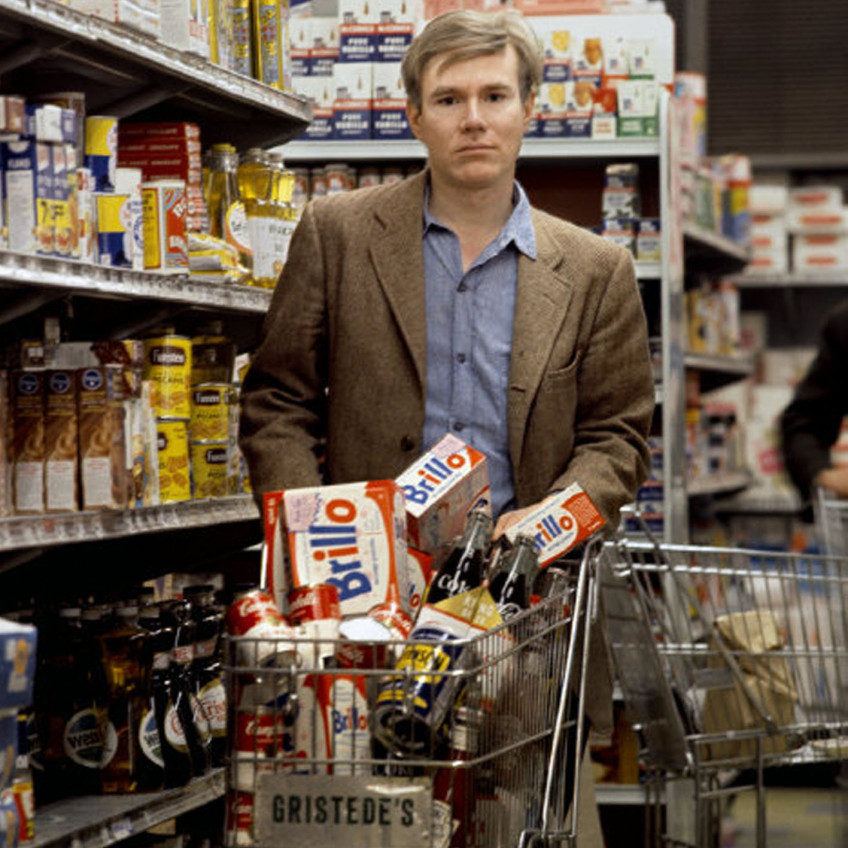Shifting Colloquiality
Song "shopping" in the 90s sometimes involved submitting songs through TAXI, which apparently still exists. But if "song" and "songwriter" is now redefined, "shop" must also be redefined: what are we shopping for? What parts of the art are we shopping for (intros, outros, verses, choruses)? Who's buying what?
These days I've fallen out of what the shopping experience is. In music I don't know what people are looking for in terms of what they want to buy. The songwriting lexicon must be baked in, at least conceptually, with the terms "hook" and "groove" which probably go back to the 50s or before.
When you redefine a certain number of words a lot of other words get redefined in the process. It's not that we change the just one word--we change the whole nomenclature, and it changes so quickly. It's kind of like naming a movement in art where it might have taken years for something to take hold and now it's happening continuously. It's impossible for anybody to wrap their heads around it. Hashtags also redefine language in lots of ways. (I actually like hashtags if they were used correctly). But there is no formal standardization of the hashtag as of yet. Anybody can make them up and they can mean different things.
So much of what we do relies on the definitions of words and language which create new frameworks for living (or not fully living). I think it takes us away from the actual work if we're always thinking about the framework.
Consider a building with a permanent scaffold and crane at the site. Imagine they were always there for every building in a city. Everything would constantly be under construction, as language is always under construction.
3/16/2021
***
9/2022:
With algorithms "shopping" is perhaps more like the Dash Cart at an Amazon Fresh store. Neural nets "see" what our video frames might be suggesting. How can metadata be front-loaded or hacked so that one kind of chorus is ranked higher than other choruses, even though they have most of the same attributes?
This kind of hacking has apparently been used in self-driving vehicle software whereby a car's vision can be trained to mistake a stop sign for a 65 mph speed limit sign...or pedestrians who make unexpected fidgety movements such as dancing on the street can confuse neural networks. (Gigerenzer, Gerd. How to Stay Smart in a Smart World: Why Human Intelligence Still Beats Algorithms. United Kingdom, MIT Press, 2022. (62)



Comments